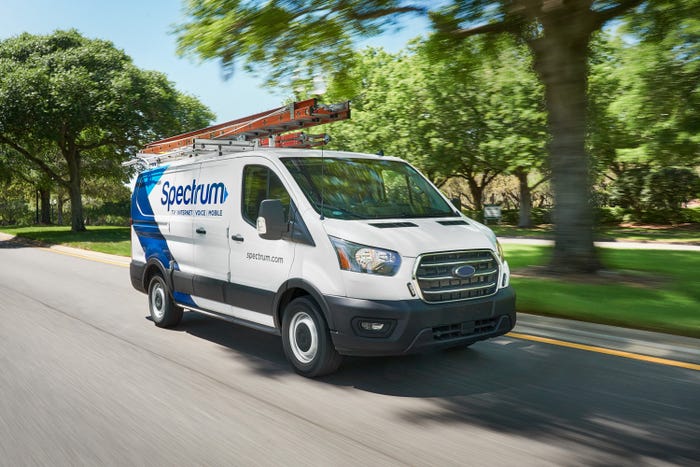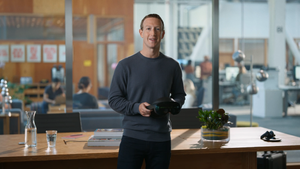News
Charter Spectrum van
Cable Technology
Charter sheds more broadband subs than expected as mobile line growth deceleratesCharter sheds more broadband subs than expected as mobile line growth decelerates
Charter lost 72,000 broadband subs in Q1 2024 and faces more pressure amid the likely end of the Affordable Connectivity Program. Meanwhile, the company's mobile business is growing, just at a slower rate.
Subscribe and receive the latest news from the industry.
Join 62,000+ members. Yes it's completely free.


_International_Software_Products.jpeg?width=700&auto=webp&quality=80&disable=upscale)




















.jpeg?width=300&auto=webp&quality=80&disable=upscale)






















_International_Software_Products.jpeg?width=300&auto=webp&quality=80&disable=upscale)







